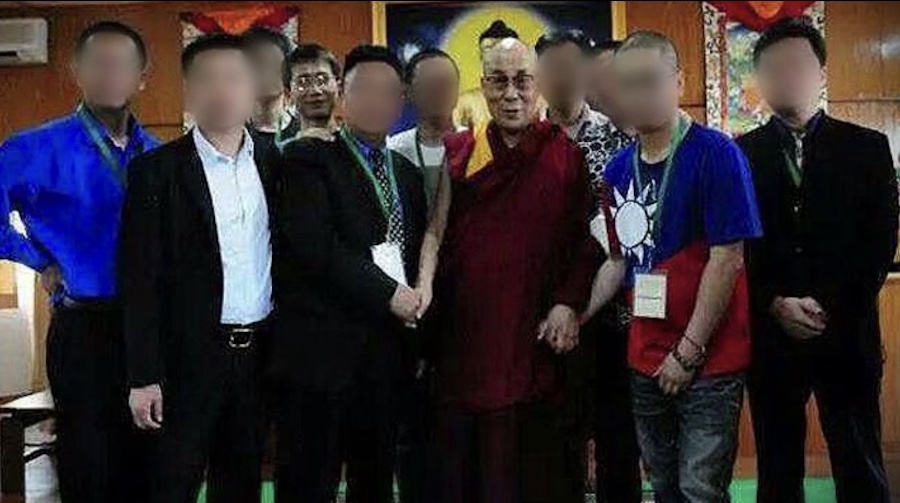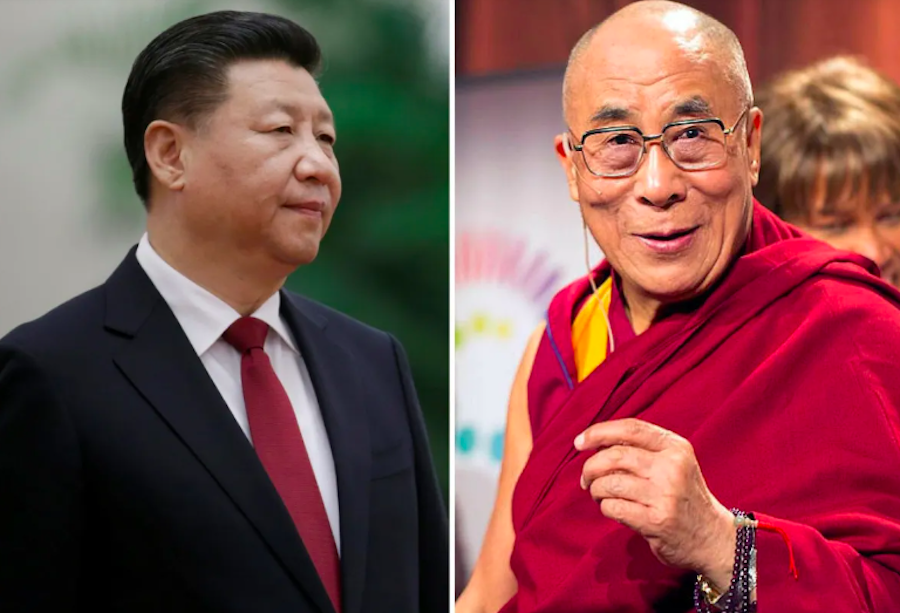Accommodating China hasn’t helped the U.S. Meeting the Dalai Lama is a chance to start over.
By KELLEY CURRIE
This week’s meeting between President Barack Obama and the Dalai Lama is generating an unusually vocal uproar from Beijing. That uproar, for those who listen carefully, is a sign that Mr. Obama’s policies on Tibet and China are not working. The question is whether Mr. Obama will realize in time to fix it.
Once the timing of Mr. Obama’s meeting with the Dalai Lama became public, Chinese officials threatened to “take corresponding action to make relevant countries see their mistakes.” The Obama White House has responded with a confused mixed message: confirming the meeting while trying to reassure Beijing with talk about the larger context of the “mature” U.S.-China relationship.
This contretemps is largely Mr. Obama’s own fault. By the time he took office, presidential meetings with the Dalai Lama had become routine to the point where Chinese diplomats seemed to be phoning in their demarches. Mr. Obama could have continued that pattern had he chosen to. Instead, he has turned what would have been a one-day, back-of-the-newspaper blurb about a routine meeting with the Dalai Lama into a major diplomatic and domestic headache.
It wasn’t supposed to turn out like this. Mr. Obama’s decision not to meet with the Tibetan leader before traveling to Beijing last November was intended to smooth the path toward Chinese cooperation on several issues dear to the President at home: climate change negotiations, yuan revaluation, and trade measures to placate key labor union constituencies. The domestic political connection was clear from the fact that once Mr. Obama decided not to meet the Dalai Lama, he dispatched long-time political aide Valerie Jarrett, not known as a foreign-policy expert, to India to deliver the bad news.
But instead of securing Chinese cooperation, Mr. Obama has signaled that Tibet and the Dalai Lama are political fair game in U.S.-China relations. Beijing has always objected to these meetings, but now believes it has a genuine chance to stop them. Mr. Obama’s gratuitous reference to U.S. recognition of Chinese control over Tibet during a joint press conference with Chinese President Hu Jintao in November compounded the error by undermining his call for dialogue.
This commoditization of Tibet, and other human rights issues for that matter, has actually reduced Mr. Obama’s leverage over Beijing because it shows he’s willing to compromise long-term principles for short-term gains. These self-inflicted wounds were a direct consequence of President Obama’s reliance on two mutually reinforcing channels for advice on Tibet and China: a claque of “China experts” who believed excessive deference to Chinese sensitivities on issues such as Tibet is the key to better U.S.-China relations; and a political team with zero China experience who saw better relations with China as key to achieving certain domestic political objectives.
The Obama team came into office assuming that the George W. Bush administration’s approach on everything, including Tibet, was wrong and that they should do the opposite. Part of their China and Tibet problem has been in misunderstanding what precisely they are reacting against. The robust Tibet policy of the early Bush years fell victim in later years to a much more “realistic” approach that was inclined to accommodate Beijing in hopes of making progress on key aspects of the relationship.
Rather than reversing that second-term policy trajectory, Mr. Obama’s team has operated on the conviction that Mr. Bush was not accommodating enough of China on Tibet. In sharp contrast to President Bush’s heavy emphasis on his personal relationship with the Dalai Lama when talking to Chinese leaders about Tibet—which signaled to Beijing that they couldn’t just make the issue go away—Mr. Obama’s Asia policy advisors claimed that not meeting the Dalai Lama prior to his November trip to China would somehow render Mr. Obama a more effective advocate on behalf of Tibet. He also would be better able to secure Beijing’s cooperation on a raft of “more important” issues.
It is clear now that this hasn’t worked. China sabotaged a climate deal at the Copenhagen summit in December; has yet to take helpful action on the currency; and recently proposed tariffs on U.S. poultry in retaliation for Mr. Obama’s own protectionism. Meanwhile Mr. Obama has lost leverage on Tibet itself.
Mr. Obama’s meeting with the Dalai Lama may be an attempt to change course. But it is equally possible this is just another example of posturing for either domestic or Chinese consumption. If this week’s meeting is such a political gesture, it will be a huge missed opportunity.
President Obama should use this meeting to start a serious course correction. America’s commitment to freedom and human rights is its real comparative advantage vis a vis China, and a China policy firmly rooted in core American values is not only the most morally satisfying approach but also potentially the most effective. If President Obama can start by taking a more consistent and principled approach on Tibet, he could yet recover his footing on China.
Ms. Currie is a senior fellow with the Project 2049 Institute, a Washington-based think tank.
[OPINION-DISCLAIMER]









